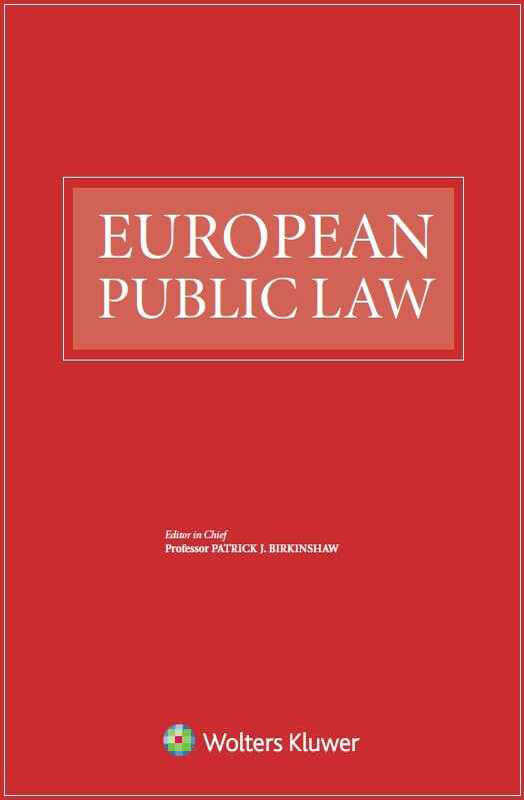Home > All journals > European Public Law > 27(2) >

$15.00 - Rental (PDF) *
$29.00 - Article (PDF) *
Katerina Kalaitzaki
European Public Law
Volume 27, Issue 2 (2021) pp. 331 – 354
https://doi.org/10.54648/euro2021015
Abstract
The procedure of challenging austerity measures for EU fundamental rights violations during the financial crisis has revealed a serious ‘review gap’ due to the – often atypical – nature of financial measures and the Charter’s limited application. This article examines a different way to address the ‘review gap’ by focusing on EU citizenship’s role to provide the ‘way into’ EU law, allowing Charter rights to be invoked in a broader scope of application that would encompass austerity measures challenges. Specifically, Article 20 Treaty on the Functioning of the European Union (TFEU) and the ‘substance of rights’ doctrine can provide that opening, when placed into a different jurisdictional test that also involves the ‘operationalisation’ of Article 2 Treaty on European Union (TEU). This ‘inverse applicability of EU law’ test will allow further rights to be judicially incorporated into the list already expressly articulated in Article 20 TFEU, creating a bridge between what are traditionally conceived as ‘purely internal situations’ and establishing the necessary ‘connecting factor’ to EU law.
Keywords
EU Courts, Right to trial within a reasonable time, Excessive duration of court proceedings, Effective remedies, Damages liability of the EU, Economic harm, Non-material harm, Conditions for liability, Requirements for establishing harm and causation, Significance for EU damages liability law
Extract
